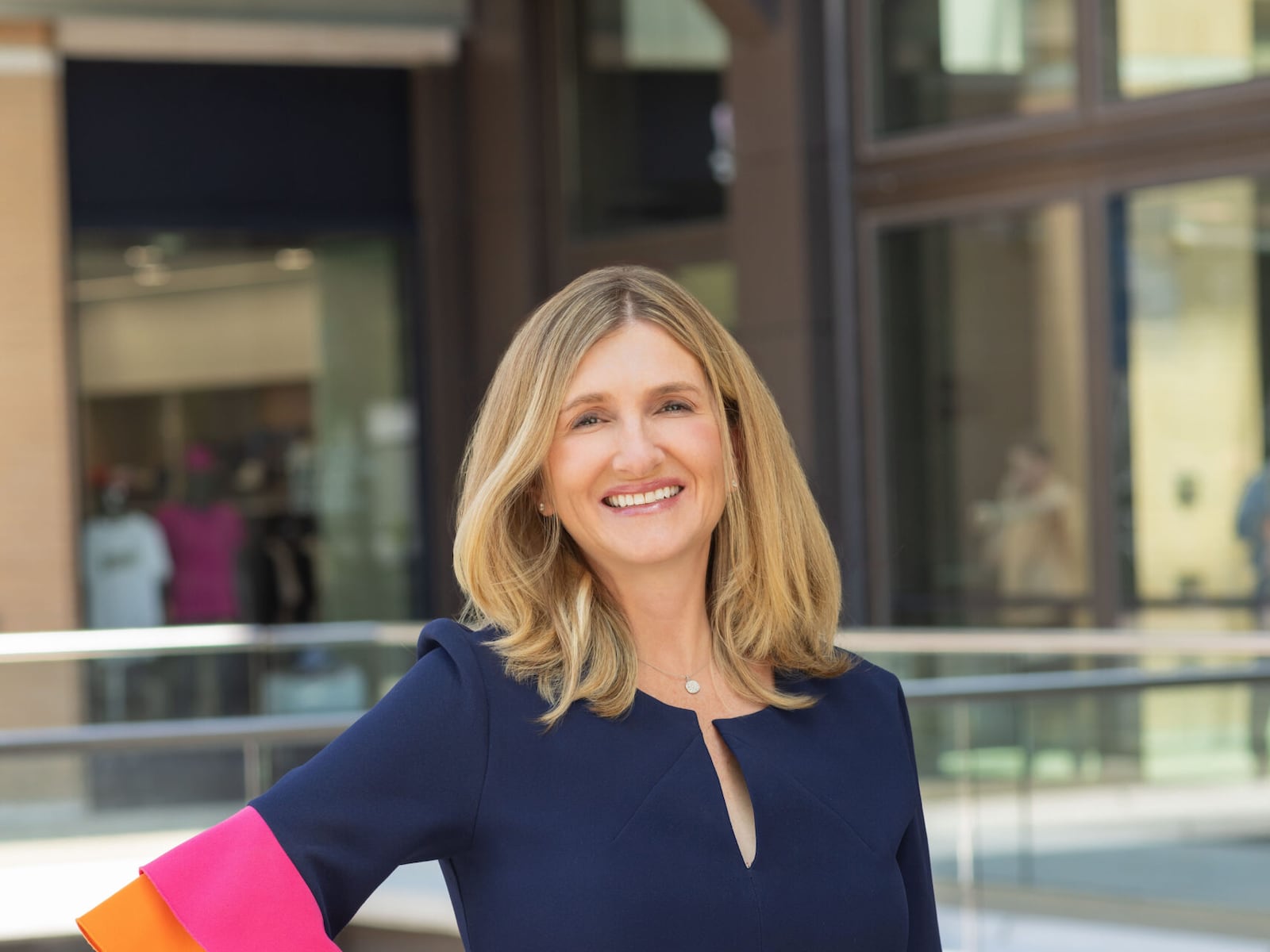Margaret Woolley Busse never envisioned herself as a regulator, nor did she foresee becoming an expert in technology. Yet, today, she stands at the forefront of Utah’s efforts to bring thoughtful, innovative regulation to the rapidly evolving fields of artificial intelligence, professional licensing and consumer protection.
A Harvard University graduate with a master’s degree in public policy, Busse’s background spans nonprofit strategy consulting and social impact roles at the U.S. Treasury Department. This diverse experience informed her comprehensive and empathetic approach to regulation.
Her involvement with AI regulation came at a time when her capacity was stretched thin. “It came into my lap at a moment in time when I had no additional capacity,” she admits. But recognizing the inevitability and necessity of addressing AI’s implications, she spearheaded Utah’s efforts to draft and implement innovative regulations. This included consumer protection laws and the creation of the Office of AI Policy — both pioneering moves that have placed Utah at the leading edge of AI legislation.
“Our objectives were clear: encourage innovation, protect the public, and establish a government function to monitor and learn,” Busse says. These goals were encapsulated in the AI legislation passed, which balanced fostering technological advancement with safeguarding consumer interests.
Beyond AI, Busse has made significant strides in reforming Utah’s professional licensing, particularly in the realm of mental healthcare. She initiated a deep dive into the existing regulations, identifying areas where inflexibility and outdated requirements hindered the workforce. This led to legislation that introduced alternative pathways to licensure and created lower-level license types to fill workforce gaps. “We realized our workforce structure was totally off,” Busse says, noting that these changes are already drawing national attention for their innovative approach.
Busse also acknowledges that not all regulations are created equal. “I grew up in a household where regulation was a four-letter word,” she laughs. Yet, her experience has shown her that well-crafted regulations can level the playing field and foster economic opportunities. This belief underpins her work, whether she’s addressing economic waste due to over-regulation or ensuring public safety through appropriate licensing requirements.
One area where Busse’s efforts have tangible impacts is in her department’s consumer education campaigns. The “Knights of Scamalot” campaign, which garnered millions of views, exemplifies her commitment to protecting Utahns from fraud and building trust within the community.
“We can’t regulate and enforce our way out of everything. We have to educate,” she says.
Busse’s role has evolved into one that blends regulation with innovation, grounded in an understanding of the balance needed to foster economic growth while ensuring public protection. She attributes much of her success to her team. “We have an incredible team of people, and I can’t do all this work without them,” she says.
Her unexpected path into regulation and technology reflects a career built on adaptability, a commitment to public service and an unwavering dedication to improving the lives of Utahns. “Public policy has a huge lever in affecting people for good or for bad,” Busse says. To Main Page


